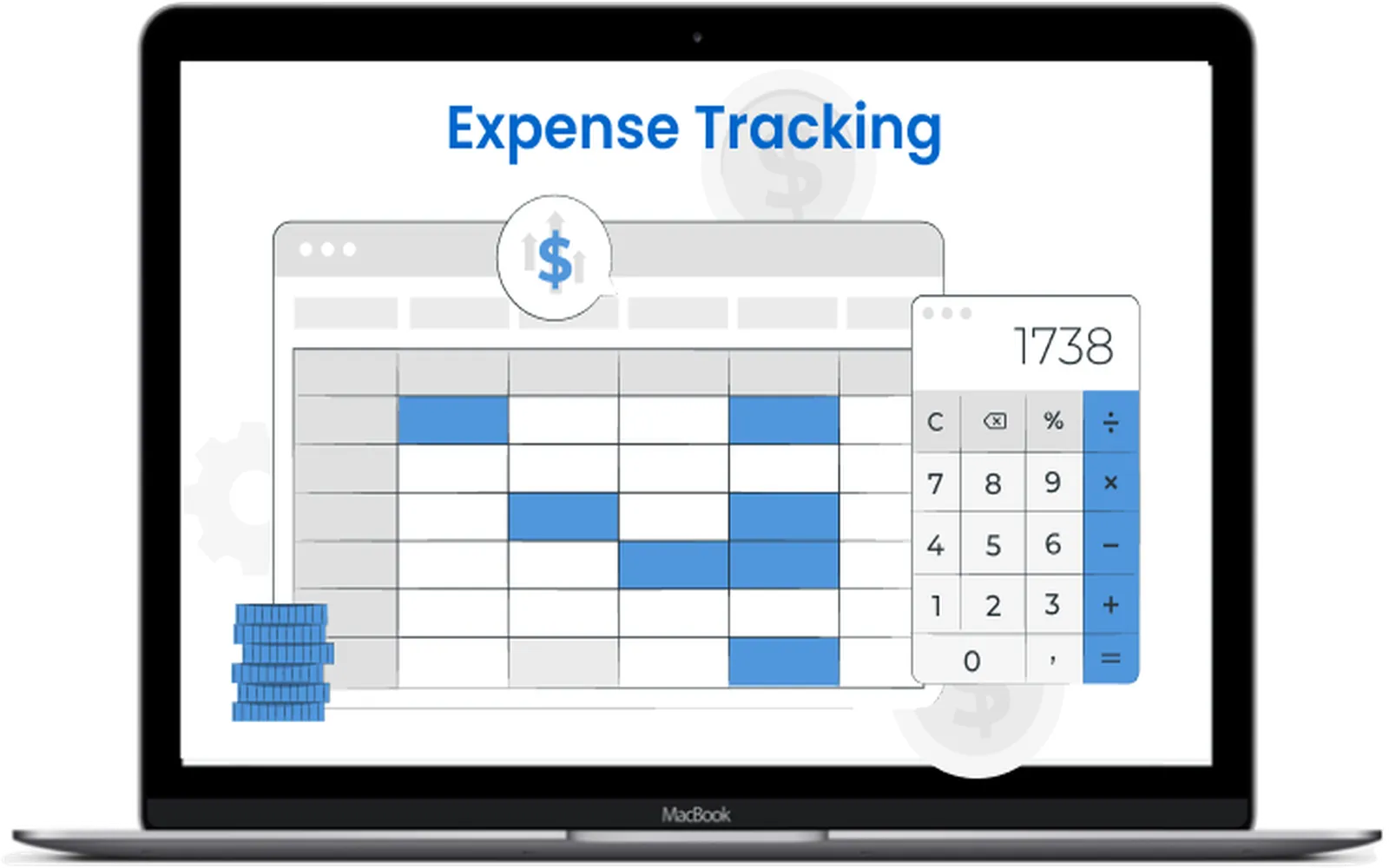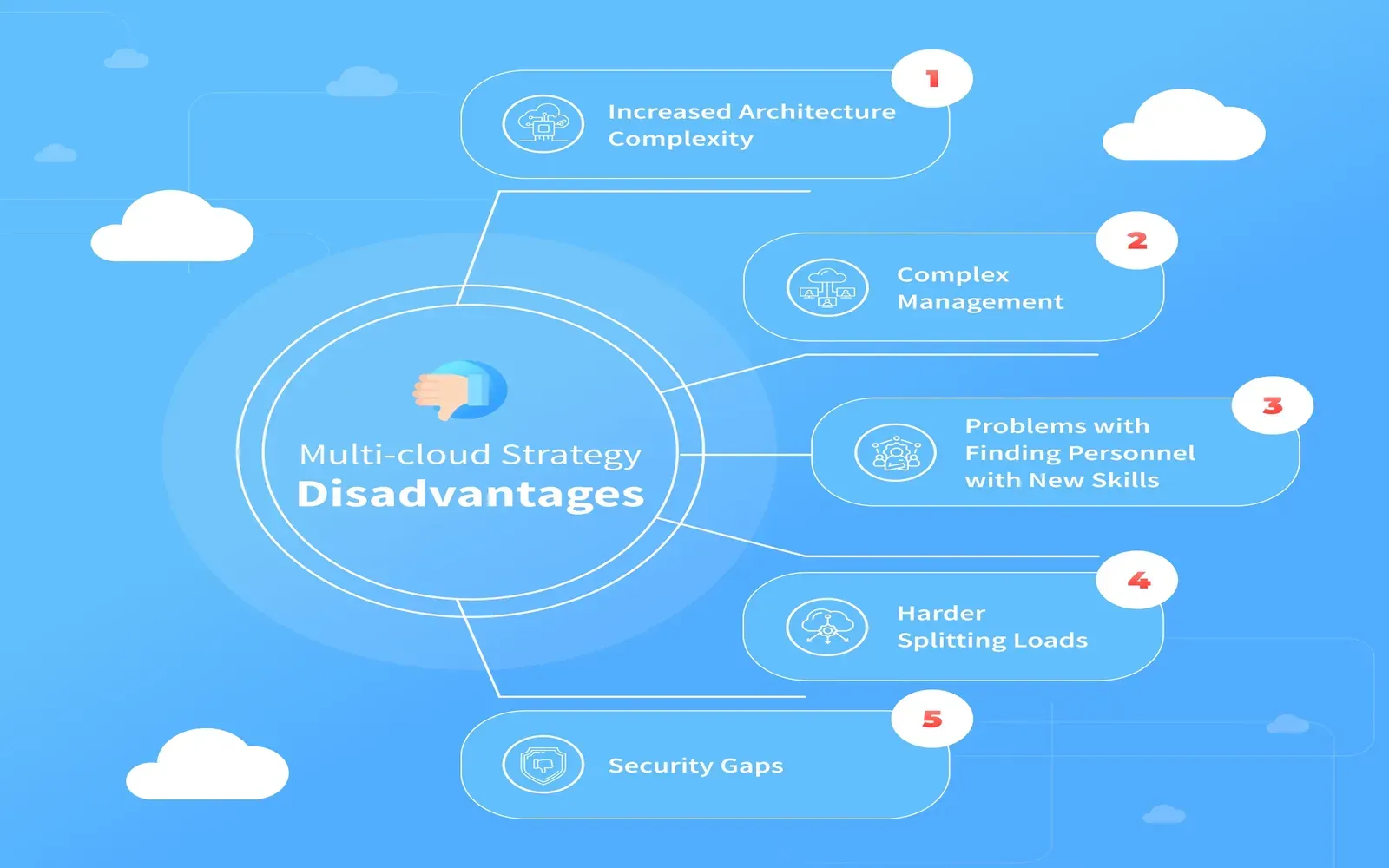Managing business finances can be a daunting task, especially for small to medium-sized enterprises (SMEs) that may lack the resources of larger corporations. Fortunately, with the advent of powerful accounting tools, businesses can now simplify these processes, making financial management more efficient and less stressful. In this article, we will explore some of the most effective accounting tools available and how they can help streamline your business finances.
Why Use Accounting Tools?
Accounting tools are designed to help businesses track their financial transactions, manage invoices, and generate reports with ease. By utilizing accounting software, companies can save time, reduce errors, and gain valuable insights into their financial health. Here are some key benefits of using accounting tools:
- Automation: Many accounting tools automate repetitive tasks such as data entry and invoice generation, freeing up time for business owners to focus on growth.
- Real-Time Tracking: With real-time tracking features, businesses can monitor their cash flow, expenses, and profits at any time, helping them make informed decisions.
- Compliance: Accounting tools often include features that help businesses stay compliant with tax regulations, reducing the risk of costly penalties.
- Scalability: As your business grows, accounting tools can scale with you, offering more advanced features as needed.
Popular Accounting Tools for Businesses
There are numerous accounting tools available in the market today, each with its own unique features tailored to different business needs. Here is a chart comparing some of the most popular accounting tools:
| Accounting Tool | Best For | Key Features | Starting Price |
|---|---|---|---|
| QuickBooks | Small to Medium Businesses | Invoicing, expense tracking, reporting | $25/month |
| Xero | Startups and Freelancers | Multi-currency support, project tracking | $12/month |
| FreshBooks | Service-Based Businesses | Time tracking, client management | $15/month |
| Sage Business Cloud | Growing Businesses | Inventory management, payroll integration | $10/month |
Choosing the Right Tool for Your Business
When it comes to selecting the right accounting software for your business, it's essential to consider factors such as the size of your business, your specific financial needs, and your budget. Here are some tips for making the right choice:
- Identify Your Needs: Determine what features are most important for your business. Do you need invoicing, expense tracking, or inventory management? Understanding your needs will help narrow down your options.
- Consider User-Friendliness: Look for tools that are easy to use and come with good customer support. A steep learning curve can lead to frustration and wasted time.
- Check for Integrations: Ensure that the accounting tool you choose can integrate with other software you are using, such as e-commerce platforms or CRM systems.
- Read Reviews: User reviews can provide valuable insights into the pros and cons of each tool, helping you make a more informed decision.
Implementing Accounting Tools in Your Business
Once you've chosen the right accounting tool, the next step is to implement it effectively. Here are some steps to ensure a smooth transition:
- Train Your Team: Ensure that all relevant team members receive proper training on how to use the new software. This will help maximize its potential and minimize errors.
- Migrate Your Data: Carefully transfer your existing financial data into the new system, ensuring accuracy and completeness. Most accounting tools offer support for data migration.
- Set Up Regular Check-Ins: Schedule periodic reviews of your financial reports to ensure that the tool is meeting your needs and providing the insights you require.
Conclusion
In today's fast-paced business environment, having the right accounting tools can make all the difference in managing your finances effectively. By automating processes, enabling real-time tracking, and ensuring compliance, these tools can simplify your financial management, allowing you to focus more on growing your business. Whether you're a small business owner or part of a larger enterprise, investing in powerful accounting software is a step towards achieving financial clarity and success.









